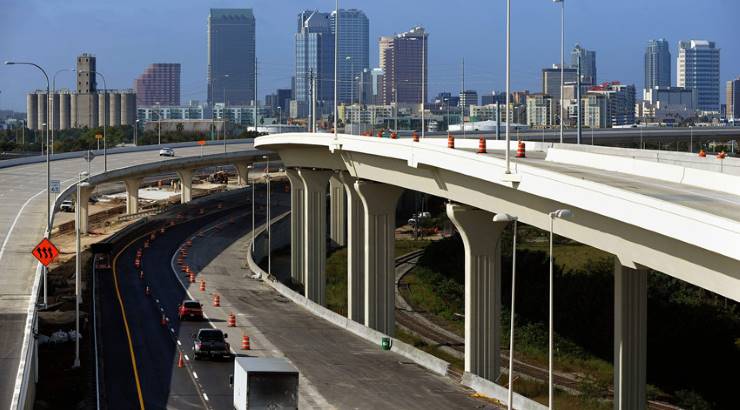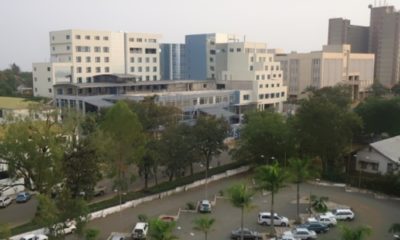Project News
KeNHA now scraps proposal for Nairobi double decker road
The overpass was touted as the best option for tackling traffic jam on Mombasa Road and Uhuru Highway.

The Kenya National Highways Authority (KeNHA) has abandoned its pursuit for a Sh38 billion double decker road in Nairobi, ten years after the project was approved by Parliament to ease traffic congestion in the city.
The Uhuru Highway overpass design, the first in the region, was touted as the best option for handling the fast swelling traffic on Mombasa Road and Uhuru Highway.
The elevated road was to begin some metres from Haile Selassie roundabout in the Nairobi CBD and would have run past the existing University Way roundabout.
Haile Selassie Road, Kenyatta Avenue and University Way were to pass below the elevated highway. The proposal, however, received harsh criticism from the beginning. Many Nairobi residents expressed concerns about the negative visual impairment the double decker road would have created.
Business owners and landlords alongside the highway also expressed concerns that, if erected, the Nairobi double decker road would lower their property values.
READ: Kenya to build one of Africa’s longest flyovers
Construction Kenya understands that these concerns were among key reasons as to why KeNHA opted to pursue alternatives for easing congestion on the busy road.
“The stretch around Uhuru Park will not have an overpass, so as not to cause visual intrusion. Motorists should have an unobstructed view of the surrounding greenery,” KeNHA development director David Muchilwa said on Wednesday.
The roads authority will instead set up a 43.5km toll road from JKIA to Rironi in three phases at a cost of Sh59 billion. The project will be funded by the World Bank and the African Development Bank (AfDB).
READ: JKIA-Rironi highway to cost Sh21bn more due to design change
KeNHA says that scrapping of the double decker road plan means some sections of the existing roads will be redesigned and expanded accordingly to create additional lanes, hence the steep rise in costs.
Previously seen as a means to decongest cities, elevated highways are now widely seen as one of the biggest infrastructure mistakes of the 20th century and are now facing the axe in many parts of the world.












